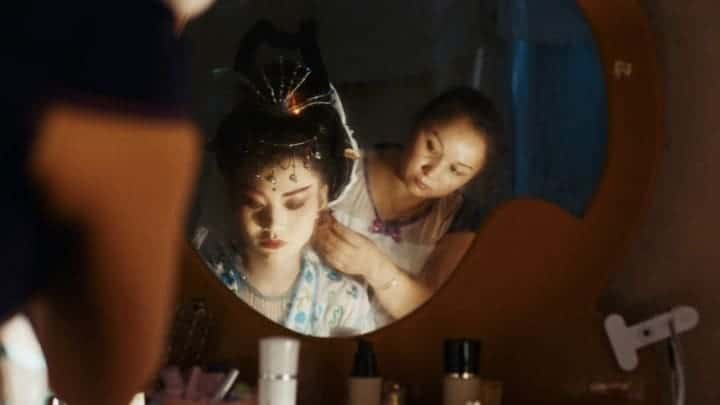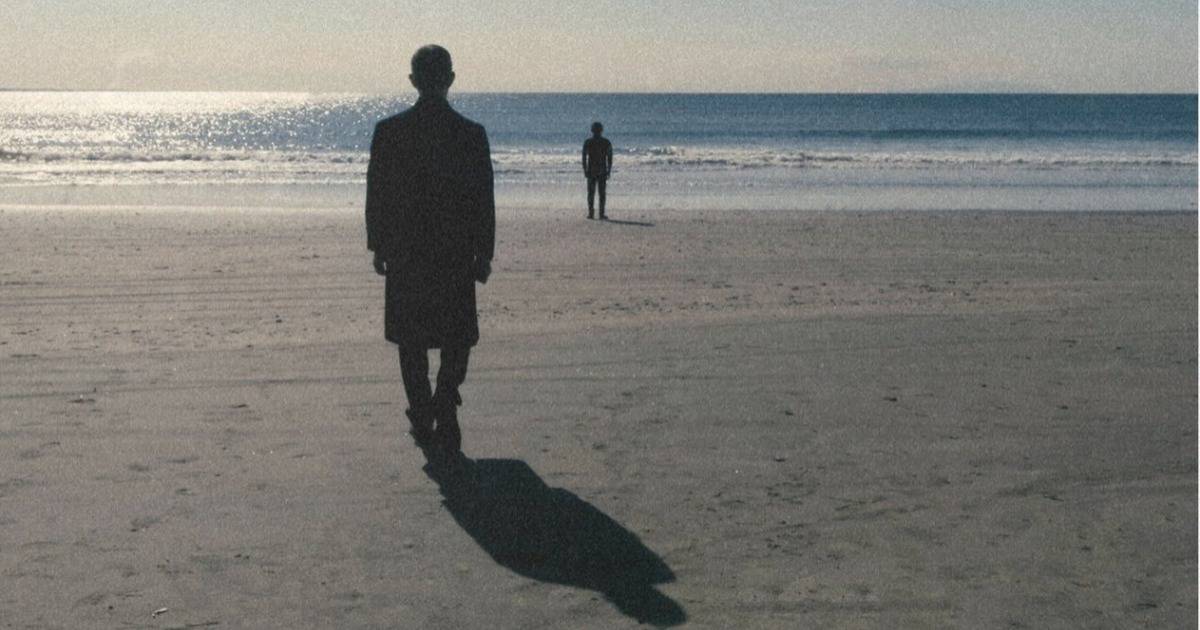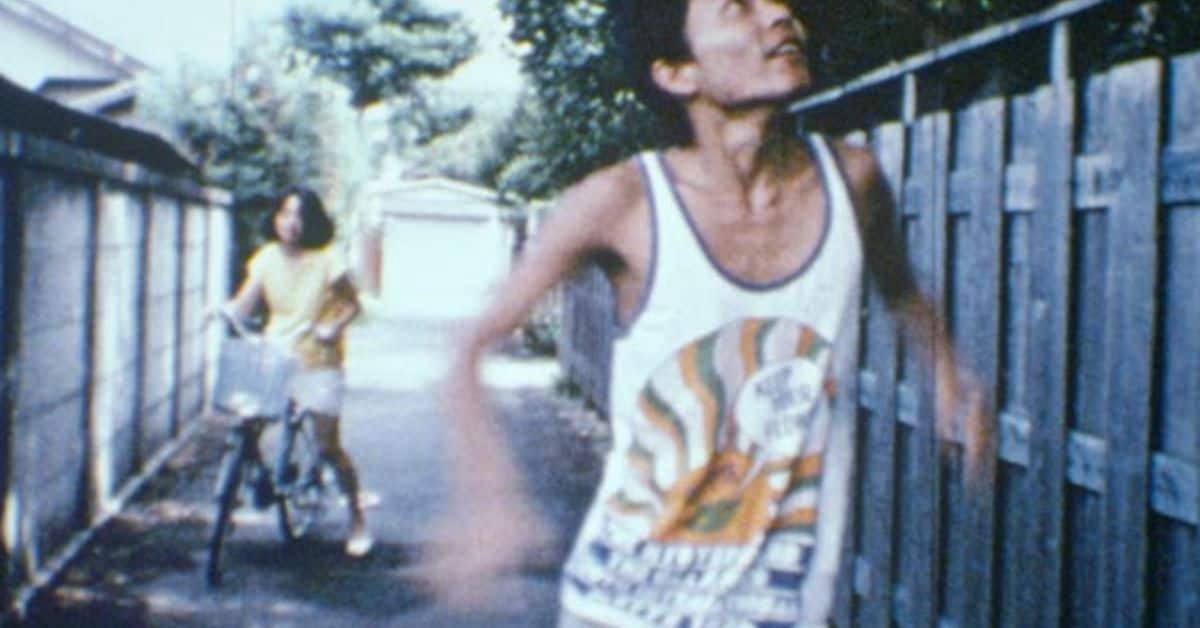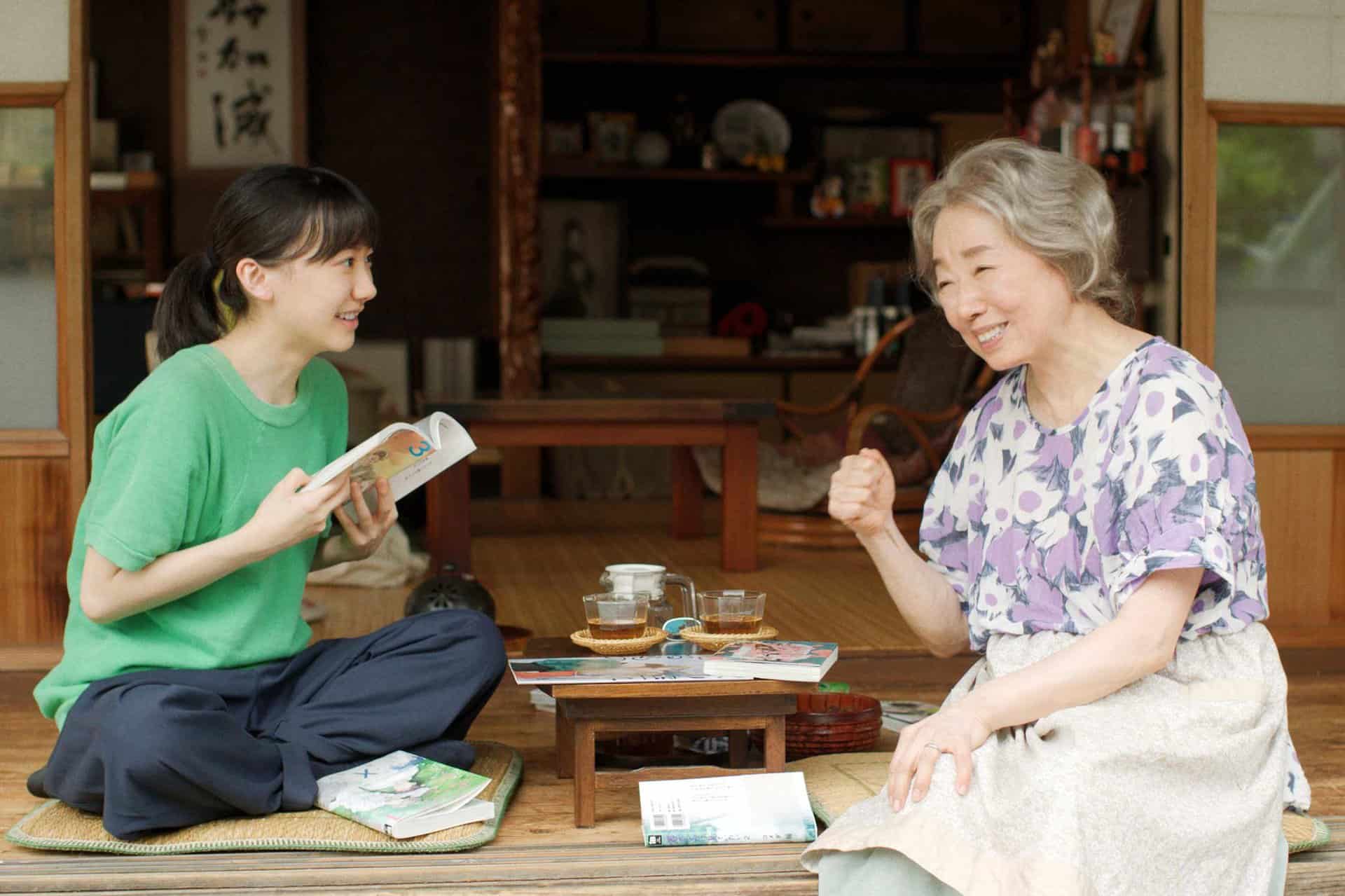If we take a look at the media circus surrounding actors and directors as well as other artists during film festivals, at times it feels as if the center of the universe has shifted for this one moment. When Chinese-Canadian filmmaker Johnny Ma attended this year's Cannes Film Festival, he must have had a similar experience seeing a world which has the ability to elevate an artist's to godlike highs while at the same time dropping others to the cold hard pavement of reality. “It's like Disneyland of the film world, all the good and the bad” Ma explains in an article written by Chris Night for the National Post.
“To Live to Sing” is screening at the 60th Thessaloniki International Film Festival

Interestingly, it is a somewhat surreal world Ma portrays in his new feature “To Live to Sing”, but also the danger of this environment disappearing forever from the face of the earth. At the core of the film, we have Zhao Li (Zhao Xiaoli) who has been running a Sichuan opera company for many years now. Even though the ensemble has made it through some rough times, it seems as if their days are numbered since their theater is about to be demolished, paving the way for new houses and other constructions. Zhao Li's attempts to rescue to company from extinction, from moving again, is not only met with several bureaucratic obstacles, but also a strong opposition within the ensemble and her niece Dan Dan (Gan Guidan), who has been part of the opera for many years as well.
In general, Ma's film wants to tell two stories, both of them dramas about processes of decay and deterioration in some way, albeit with very different stages. On the one hand, there is the family drama focusing on the conflict between Dan Dan and her aunt which has been brewing for quite some time as the design of the characters indicate. Whereas Zhao Li feels much at home in the stuffy air of the opera, its grand gestures and theatricality, her niece's taste in music and taste in fashion suggest a very different direction (or rather stage) she looks for in her life. The actors' performances, the way they are captured within the frame plays with this idea of them being apart in many ways while they still feel emotionally quite close in their search for a stage to perform, be adored and have an audience.

However, this drama connects to a very common concept which is the clash between change and tradition. The very nature of this change is evident in the images of cinematographer Matthias Delvaux, for example, when the camera shows one of the opera performed by Zhao Li's ensemble only to slowly zoom out exposing the hole in the wall and the construction workers nearby as they are busy demolishing the house next to the theater. The growing signs of change, of the old world disappearing, from demolished houses to new and shiny facades of office buildings define a distinct sense of nostalgia within the film, of something disappearing.
Ironically, in a nation whose lust for performance, especially in public, as the opening scenes show, is still alive, tradition has to make way for something new, something still uncertain. The operation of “changing masks”, as a member of Zhao Li's ensemble claims, may bring the much needed cash for the company, and a change towards younger audiences, but the feeling of loss, of demolished dreams may still take its toll eventually.
“To Live to Sing” is a drama about family, about the clash between tradition and change. Using the framework of the changes within the social and economical landscape in China, Johnny Ma's film takes a look at what might be in danger of disappearing forever and the toll it takes on those affected by this development. Through its often nostalgic tone and its performances, it may also be a statement about the importance of dreams, of those of the past and the present, and how they may create those necessary visions for the future.















